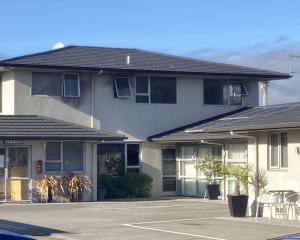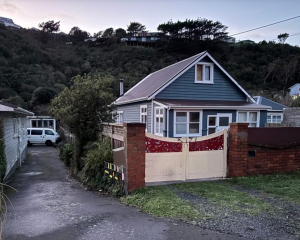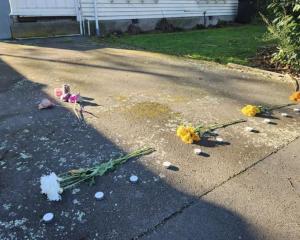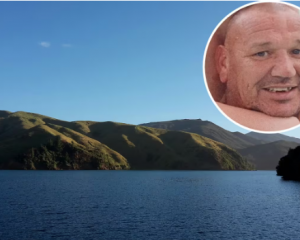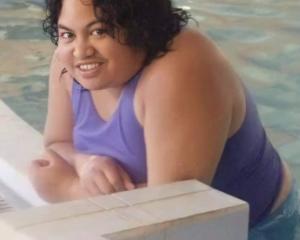Health services are this week starting an expanded, safer screening programme to detect Down's syndrome during pregnancy, after serious flaws were detected in the old system.
All women who see a midwife or doctor in early pregnancy will now be offered a blood test in addition to the existing ultrasound scan.
The blood test is free, but the scan usually costs about $30 to $40.
Those who present later will, as now, be offered a blood test, but a new kind.
Those considered at higher risk of carrying a fetus with Down's syndrome, other chromosomal disorders or spina bifida, because of the screening tests results and maternal age and weight, are offered diagnostic testing.
Analysis commissioned by the Health Ministry since 2004 found the screening system was ad hoc and that women were putting their babies' lives at unnecessary risk.
It is expected the new programme will reduce referrals for amniocentesis, an invasive test that has a 0.5% to 1% chance of causing a miscarriage.
This is the main diagnostic test for Down's syndrome and is done on 5% of all pregnant women.
It involves inserting a needle into the uterus and taking a sample of the fluid surrounding the fetus for laboratory testing.
The analysis found the test was being done on some women who might not have an increased chance of having a child with Down's syndrome and who had not had the miscarriage risk explained to them.
Peter Stone, the professor of maternal fetal medicine at Auckland University and the author of a report on the screening system, concluded in 2006 that "more normal pregnancies may be adversely affected by amniocentesis than the numbers of Down's syndrome fetuses detected".
Down's syndrome is caused by the presence of an extra chromosome.
It results in intellectual disability and an increased risk of some physical problems, including heart disease.
It is linked to increasing maternal age and the risk rises steeply after 35.
New Zealand's incidence of Down's syndrome rose from 0.87 per 1000 lives births in 1996 to 1.48 (80 Down's syndrome babies) in 2002.
Jane McEntee, the manager of ante natal and newborn screening at the ministry's National Screening Unit, said last night New Zealand had been screening for Down's syndrome for 30 years, but the system had fallen behind international practices.
"This is about making sure the screening is safe and reliable and that women are fully informed around what screening means and what may follow screening and any decisions that they may need to make.
"So with the screening they can be informed and make decisions around what support is available if there was going to be a child with a disability or the decisions they make that are appropriate for them."
The ministry has said its review of the screening is not about reducing the number of babies born with Down's syndrome.



